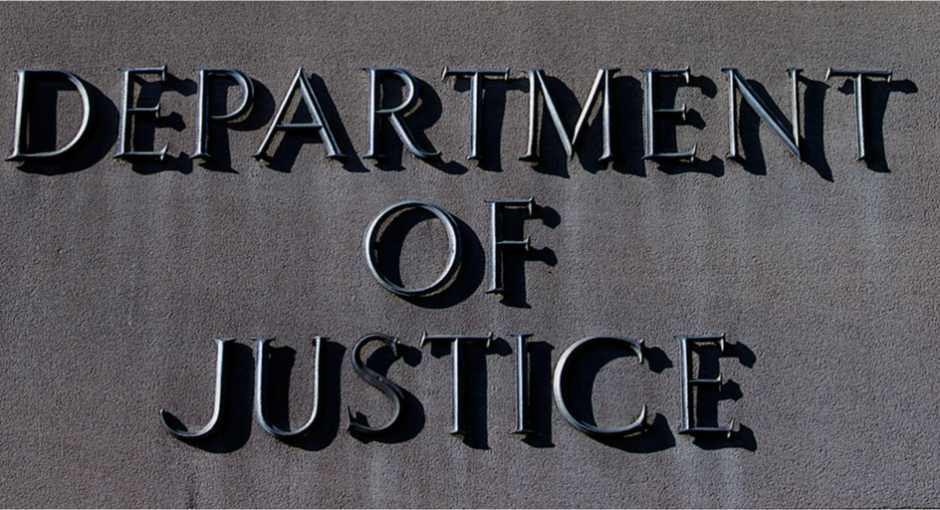The federal government on Tuesday urged the judges in AstraZeneca, Novartis, Novo Nordisk, Sanofi, and United Therapeutics’ separate 340B contract pharmacy lawsuits to follow the lead of the judge in Lilly’s case and hold that these five companies’ contract pharmacy policies are illegal.
Novo Nordisk and Sanofi, meanwhile, on Nov. 2 asked the judge who is assigned to both of their cases to let them file supplemental briefs addressing the Oct. 29 ruling in Lilly’s case. That judge, Freda Wolfson of U.S. District Court in Trenton, N.J., said last month she would hand down her decision on Sanofi’s case on or before tomorrow, Nov. 5. While Wolfson has never said that she also will hand down her ruling in Novo Nordisk’s case on or before tomorrow, she could.
Sanofi asked for permission to file a supplemental brief by no later than tomorrow. Novo Nordisk asked to be allowed to file by no later than next week Tuesday, Nov. 9. Wolfson had not ruled on these requests as of this morning.
In Lilly’s case, U.S. Senior Judge Sarah Evans Barker ruled last Friday that that the U.S. Health Resources and Services Administration’s (HRSA) May 17 letter telling Lilly its contract pharmacy actions were illegal “neither exceeds the agency’s statutory authority nor is contrary to law.” Barker also held that “the fairest and most reasonable interpretation of the 340B statute” would not let manufacturers unilaterally restrict drug distribution in ways that frustrate 340B’s purpose.
The U.S. Justice Department (DOJ) emphasized those findings in nearly identical Nov. 2 filings in the AstraZeneca, Novartis, Novo Nordisk, Sanofi, and United Therapeutics lawsuits.
In its filing in AstraZeneca’s case, DOJ argued that Barker “correctly and persuasively found that HRSA’s statutory interpretation is correct.” It told U.S. District Judge Leonard Stark, the judge to whom its filing was addressed, that he should “similarly hold that Astra’s materially identical restrictions are equally unlawful.” DOJ makes the same request in its filings in the other cases.
DOJ acknowledged in the AstraZeneca filing that Barker set aside HRSA’s May 17 letter to Lilly as arbitrary and capricious, finding that HRSA “had been inconsistent in certain public statements about its enforcement abilities.”
DOJ took issue with Barker’s reliance on 340B Report’s July 9, 2020, article quoting a HRSA spokesperson stating that the agency’s 2010 contract pharmacy guidance was still in effect but “guidance is not legally enforceable.”
“An unsourced email purportedly sent by an unnamed agency official to a trade-magazine reporter, is insufficient to credit as an official position of the agency and is not part of the administrative record on which review of the violation letter must be based,” DOJ said.
(Editor’s note: On July 7, 2020, 340B Report asked HRSA questions about Lilly’s restrictions on 340B pricing on Cialis when covered entities use contract pharmacies. HRSA responded by email on July 8, 2020. It attached a document to that email with its answers. Those answers were the basis of 340B Report’s July 9, 2020, article cited by Judge Barker. This is a copy of the attachment to HRSA’s July 8, 2020, email.)
“Even taken at face value, the unnamed official is quoted as saying that HRSA can enforce ‘a clear violation of the 340B statute,’” DOJ continued. Moreover, DOJ said, other HRSA public statements that Barker cited “show that HRSA consistently has stated that its enforcement authority is limited to violations of the statute itself, not requirements found only in guidance, and there can be no dispute either that agency guidance is not legally enforceable or that Congress granted HHS authority to enforce the statute against manufacturers.”
While the DOJ references HRSA’s response to 340B Report, Barker cited several different examples of what she considered HRSA’s inconsistent position on its contract enforcement authority including communications that the agency sent to Lilly, covered entities, and to the U.S. Government Accountability Office in 2020.
Potential “Expulsion from Medicaid and Medicare B Coverage”
Nonetheless, at bottom, DOJ said, Barker’s decision to vacate the May 17 letter “in no way undermines that court’s plain holding that Lilly’s policy (and, by implication, other manufacturers’ policies imposing similar restrictions) violate the 340B statute itself.”
DOJ continued, “And because Lilly’s policy has been deemed unlawful, continued imposition of those restrictions to overcharge covered entities and restrict their access to 340B drugs will continue to subject Lilly to liability under the statute, including the potential imposition of civil monetary penalties already being considered by the Office of the Inspector General and potential termination of its [Pharmaceutical Pricing Agreement] PPA (and a corresponding expulsion from Medicaid and Medicare Part B coverage) should Lilly persist in its unlawful behavior—even in the absence of the May 17 letter or a similar violation letter.”


